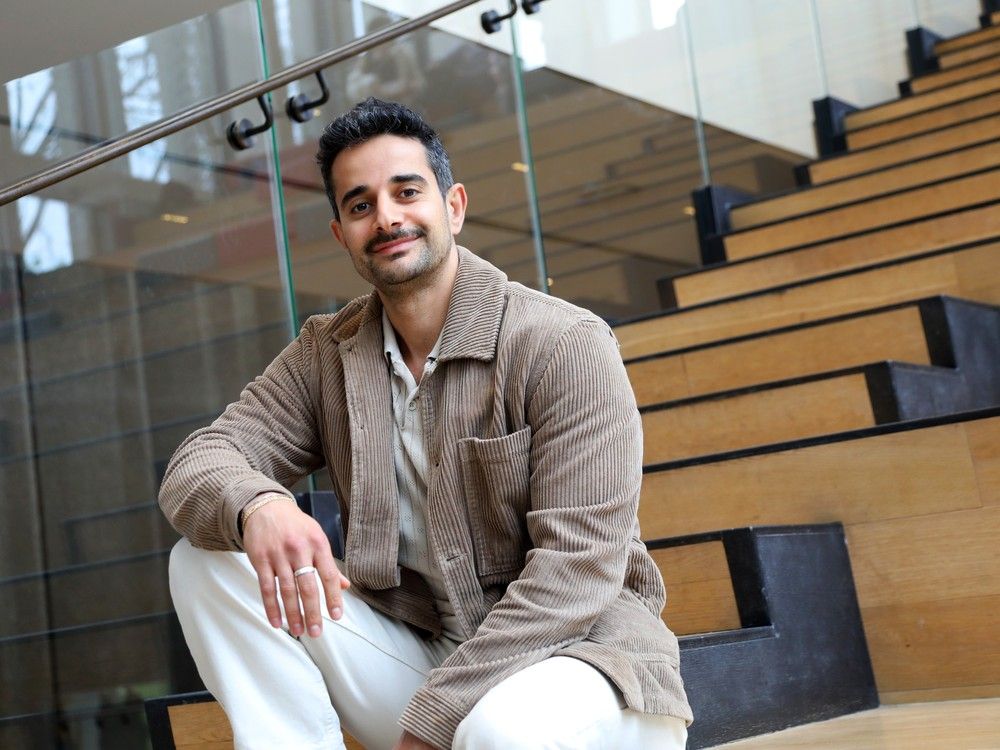Ottawa nightlife commissioner Matthieu Grondin is making it easier for the city’s bars to temporarily extend their liquor sales until 5 a.m.
In the review of Ottawa’s special events bylaw, which goes before council on May 28, Grondin recommends lifting the city’s requirement for an additional license for venues seeking a temporary extension of hours — when they are already properly licensed.
The move will streamline the process of extending alcohol-service hours beyond Ontario’s regular closing time of 2 a.m., reducing paperwork and avoiding duplicate inspections.
Farid Dagher, who runs two electronic-music venues, City at Night at Bank and Slater, and Gridwrks, his new spot on Rideau Street, said it will be a big improvement over the current system.
The existing bylaw, enacted in 2002, requires events where “the principal activities include listening and dancing to music,” to obtain an All Night Dance Event license when applying to the Alcohol and Gaming Commission of Ontario for an extension.
According to city staff’s review of the special-event bylaws, the license was originally designed to counter the popularity of “underground dance events commonly referred to as ‘raves.’”
The All Night Dance Event license calls for an extra round of inspections at the applicant’s expense, a detail that Dagher said is unnecessary for a licensed venue.
“It’s like you’re having to get a license over an existing license to do the same thing but at a different hour,” Dagher explained, adding that he’s had some amusing encounters with inspectors while applying for the All Night Dance Event license.
“They would come in and be like, ‘Well, this is going to be quick because we were here not too long ago.’ So we would laugh about it because it’s just the process, but we always thought that somebody should challenge that,” he said.

The amendment to the bylaw now recommends a letter of “municipal significance” be attached to the AGCO application for a temporary extension, instead of the all-night dance event license.
“The letter typically indicates that the City agrees the proposed event is of municipal significance, as it benefits the greater good of the city,” wrote
Valérie Bietlot, the city’s manager of public policy development, in response to an email inquiry. Final approval from the AGCO is still required for the extension.
What’s more, the city is adopting “a more flexible definition of municipal significance,” added Grondin, that takes into account the social, cultural, or local economic development impacts of the event.
Contrary to widespread perception, there is a market in Ottawa for after-hours activity, and it includes shift workers, hospitality staff and other night owls, as well as electronic-music fans.
Of course, ever since the heyday of raves, it’s been traditional for electronic-music shows to run into the wee hours. As a booker, Dagher said the ability to program longer sets not only provides a unique experience for fans but also allows for a “progression” of acts, building a vibe throughout the night.
Making the paperwork easier helps prevent the rise of illegal after-hours parties, too.
“If you make it too complicated to get the permits, you may give clandestine events a reason to do it without permits,” Dagher said. “There are spaces that are known to be doing it, and when they start selling alcohol illegally, it’s no longer a safe space for the customers.”
Dagher gave kudos to Grondin and his advisory Nightlife Council group for bringing the issue to the attention of city authorities during this year’s review of special events bylaws.
“He’s really advocating for us,” Dagher said. “He’s talked to a lot of people to try to identify what the pain points are, and he’s advocating for these changes.
“It’s like he’s initiating a culture of change and I feel that as we start getting these changes, the politicians and policy makers will maybe have a better read on what these changes mean in terms of outcomes, and they may become more comfortable and accepting of nightlife. We’re pretty happy with that.”
Rick Laplante, the veteran Ottawa promoter/DJ who’s a member of the volunteer Nightlife Council, said the amendment is a good example of the type of thing the council is looking to simplify.
“We’re trying to make recommendations to remove a lot of this kind of red tape and redundancies that we see in some of the business-licensing bylaws that are in place, especially for dance events,” he said.
“Typically, our culture lives at night and thrives at night. And when we do have the opportunity to extend our hours, it’s inclusive to a whole segment of Ottawa’s population that works off hours or works at night.
“Ultimately, it’s a couple of extra hours of dancing at the end of the night, but I think it goes a long way toward our shared goals of having an expanded and financially successful nightlife.”
Following council approval, the amending by-law will be enacted immediately to exempt establishments and events already operating under an AGCO license from the requirements of the all-night dance event license.



